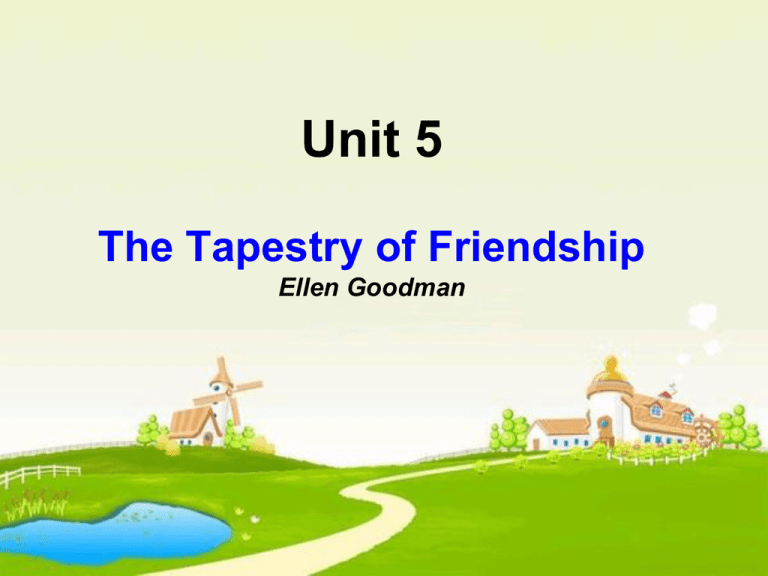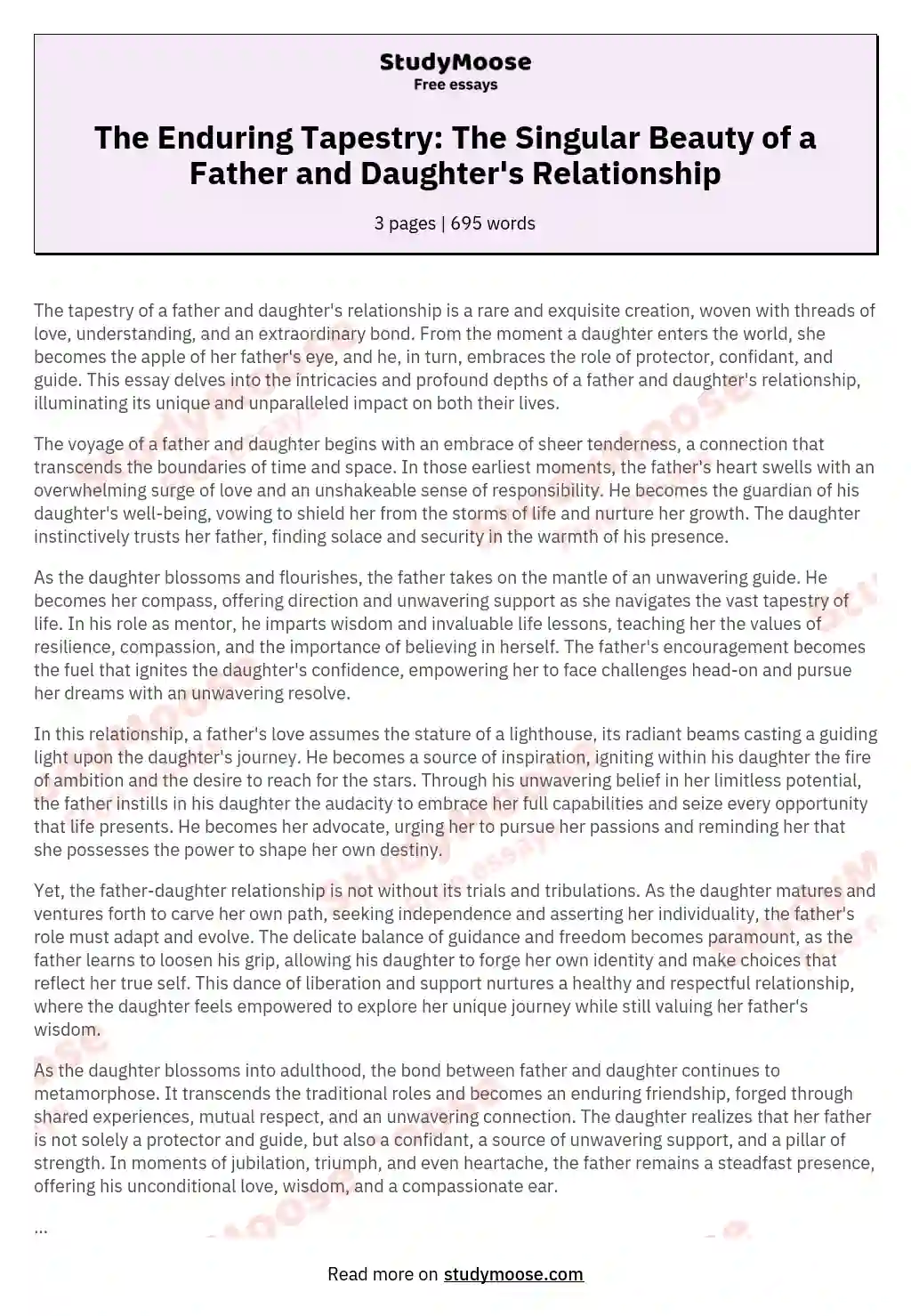The Enduring Tapestry: Exploring the Depths and Nuances of Friendship

Friendship. The word itself evokes warmth, comfort, and a sense of belonging. It’s a cornerstone of human experience, a vital thread woven into the rich tapestry of our lives. Beyond casual acquaintances, true friendship offers a profound connection, a supportive network, and a shared journey through the ups and downs of life. But what truly defines friendship? What makes it so essential, and how can we cultivate and maintain these precious bonds? This article delves into the multifaceted nature of friendship, exploring its significance, its challenges, and its enduring power.
The Essence of Friendship: A Tapestry of Shared Values and Experiences
Friendship is more than just shared hobbies or occasional interactions. It’s built upon a foundation of mutual respect, trust, honesty, and empathy. At its core, it’s a reciprocal relationship where individuals genuinely care about each other’s well-being and happiness.
- Mutual Respect: Friends value each other’s opinions, beliefs, and perspectives, even when they differ. They appreciate each other for who they are, flaws and all, without trying to change them.
- Trust: The bedrock of any strong friendship is trust. Friends rely on each other to be honest, dependable, and to keep confidences. They feel safe sharing their vulnerabilities and fears, knowing they will be met with understanding and support.
- Honesty: While tact and sensitivity are important, true friends are honest with each other, even when it’s difficult. They offer constructive criticism and provide honest feedback, always with the best interests of their friend at heart.
- Empathy: The ability to understand and share the feelings of another is crucial in friendship. Empathetic friends offer a listening ear, a shoulder to cry on, and genuine support during challenging times.
- Shared Values: While not essential, having shared values can strengthen a friendship. These shared values can be anything from a commitment to social justice to a love of art or a similar sense of humor. Shared values provide a common ground and a deeper understanding of each other’s motivations and beliefs.
- Shared Experiences: Over time, friends create a shared history filled with memories, experiences, and inside jokes. These shared experiences form a strong bond and create a sense of camaraderie.

The Significance of Friendship: A Vital Ingredient for a Fulfilling Life
Friendship is not merely a pleasant addition to life; it’s a vital ingredient for a fulfilling and healthy existence. Research consistently demonstrates the profound impact of friendship on our physical, mental, and emotional well-being.
- Improved Mental Health: Strong friendships provide a sense of belonging and social support, which can significantly reduce feelings of loneliness, isolation, and depression. Knowing you have people who care about you and are there for you can boost your self-esteem and overall mental well-being.
- Enhanced Physical Health: Studies have shown that people with strong social connections tend to live longer and have a lower risk of developing chronic diseases. Social support can reduce stress, boost the immune system, and encourage healthy habits.
- Increased Resilience: Friends can help us cope with stress and adversity. Having a supportive network can provide emotional support, practical assistance, and a sense of perspective during challenging times.
- Personal Growth: Friends can challenge us to grow and develop as individuals. They can offer different perspectives, encourage us to step outside our comfort zones, and support us in pursuing our goals.
- Increased Happiness: Simply put, friendship makes us happier. Sharing experiences, laughing together, and knowing you have someone who cares about you can bring joy and fulfillment to our lives.


Navigating the Challenges: Maintaining and Nurturing Friendships
Like any relationship, friendships require effort and attention. Maintaining strong friendships can be challenging, especially as life gets busy and priorities shift. However, the rewards of investing in these relationships are well worth the effort.
- Time and Effort: Friendships require time and effort. Make an effort to stay in touch, even when life gets busy. Schedule regular get-togethers, phone calls, or video chats.
- Active Listening: Be an active listener when your friends are talking. Pay attention to what they are saying, ask questions, and show genuine interest in their lives.
- Communication: Open and honest communication is essential for resolving conflicts and maintaining a healthy friendship. Be willing to express your feelings and needs, and be receptive to your friend’s perspective.
- Forgiveness: No one is perfect, and friends will inevitably make mistakes. Be willing to forgive your friends for their shortcomings and move forward.
- Adaptability: Friendships evolve over time as individuals change and life circumstances shift. Be willing to adapt to these changes and find new ways to connect with your friends.
- Respect Boundaries: Respect your friend’s boundaries and understand that they may have different needs and priorities than you do.
- Be Supportive: Be there for your friends during both good times and bad. Celebrate their successes and offer support during challenging times.
Different Types of Friendship: Exploring the Spectrum of Connection
Friendships come in various forms, each offering a unique type of connection and support. Understanding these different types can help us appreciate the diverse roles that friends play in our lives.
- Childhood Friends: These are often the longest-lasting friendships, forged in the shared experiences of childhood and adolescence. They provide a sense of history and continuity.
- School/College Friends: These friendships are formed during formative years and often involve shared academic pursuits and social experiences.
- Work Friends: These friendships are based on shared professional experiences and can provide a sense of camaraderie and support in the workplace.
- Activity-Based Friends: These friendships are centered around a shared hobby or activity, such as sports, music, or volunteering.
- Close Friends: These are the deepest and most intimate friendships, characterized by a high level of trust, honesty, and emotional support.
- Acquaintances: These are casual friendships based on superficial interactions. While not as deep as close friendships, acquaintances can still provide a sense of social connection.
The Impact of Technology: Navigating Friendship in the Digital Age
Technology has revolutionized the way we connect with others, offering new opportunities to build and maintain friendships. Social media, messaging apps, and video conferencing have made it easier than ever to stay in touch with friends, regardless of distance. However, technology also presents challenges to friendship.
- Benefits: Technology can help us stay connected with friends who live far away, maintain contact with busy friends, and find new friends with shared interests.
- Challenges: Excessive reliance on technology can lead to superficial connections, reduced face-to-face interactions, and a feeling of being constantly "on." It’s important to balance online interactions with real-life connections.
Cultivating New Friendships: Expanding Your Social Circle
Building new friendships can be daunting, but it’s an essential part of maintaining a healthy social life. Here are some tips for cultivating new friendships:
- Be Open and Approachable: Smile, make eye contact, and be open to meeting new people.
- Join Clubs and Groups: Participate in activities that interest you and provide opportunities to meet like-minded individuals.
- Volunteer: Volunteering is a great way to meet people who share your values and make a difference in your community.
- Take a Class: Learning a new skill or hobby can be a fun way to meet new people.
- Attend Social Events: Go to parties, concerts, and other social events to meet new people.
- Be Yourself: Authenticity is key to building genuine friendships. Don’t try to be someone you’re not.
- Be a Good Listener: Show genuine interest in others and listen attentively to what they have to say.
- Follow Up: After meeting someone new, follow up with them to suggest getting together again.
Friendship Breakups: Dealing with the Loss of a Friend
Friendships, like any relationship, can sometimes end. A friendship breakup can be painful and difficult to navigate. It’s important to allow yourself time to grieve the loss and to learn from the experience.
- Acknowledge Your Feelings: It’s okay to feel sad, angry, or confused after a friendship breakup. Allow yourself time to process your emotions.
- Avoid Blame: While it’s tempting to blame the other person, try to avoid assigning blame. Sometimes friendships simply run their course.
- Learn from the Experience: Reflect on what happened and identify any lessons you can learn from the experience.
- Focus on Self-Care: Take care of yourself by eating healthy, exercising, and getting enough sleep.
- Reach Out to Other Friends: Lean on your other friends for support during this difficult time.
- Move On: Eventually, it’s important to move on and focus on building new friendships.
FAQ about Friendship
- Q: How do I know if a friendship is toxic?
- A: Signs of a toxic friendship include constant negativity, manipulation, lack of support, and feeling drained after spending time with the person.
- Q: How do I end a friendship?
- A: Be honest and direct, but also kind and respectful. Explain why you’re ending the friendship and avoid blaming the other person.
- Q: How can I maintain long-distance friendships?
- A: Schedule regular phone calls or video chats, send each other care packages, and plan visits when possible.
- Q: Is it possible to be friends with an ex?
- A: It depends on the individuals and the circumstances of the breakup. It’s important to have clear boundaries and realistic expectations.
- Q: How do I deal with a friend who is jealous of my success?
- A: Acknowledge their feelings, but also set boundaries. Remind them that your success doesn’t diminish their own value.
Conclusion: The Enduring Value of Connection
Friendship is a precious gift, a source of joy, support, and connection that enriches our lives in countless ways. It’s a relationship that requires effort, commitment, and a willingness to navigate challenges, but the rewards are immeasurable. By understanding the essence of friendship, nurturing our existing bonds, and cultivating new connections, we can weave a strong and enduring tapestry of friendship that will sustain us through the ups and downs of life. In a world that often feels isolating and disconnected, the power of friendship to provide belonging, understanding, and unconditional love remains a vital and enduring force. Embrace the gift of friendship, cherish your friends, and invest in the relationships that truly matter. You’ll find that the rewards are well worth the effort.
